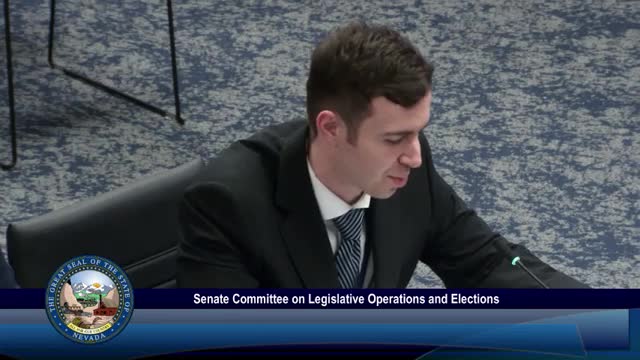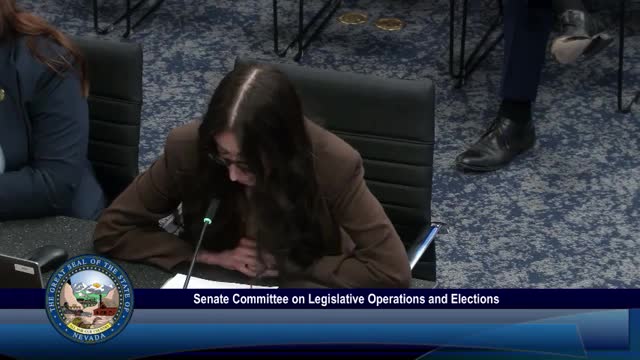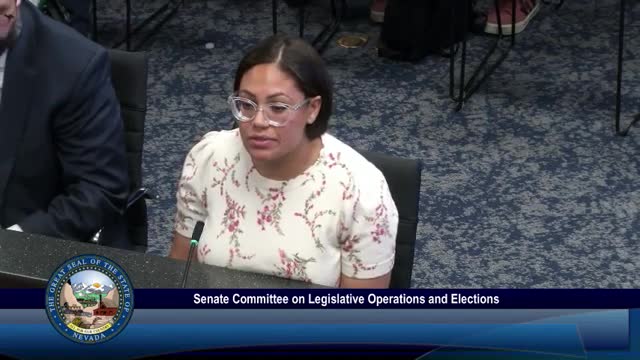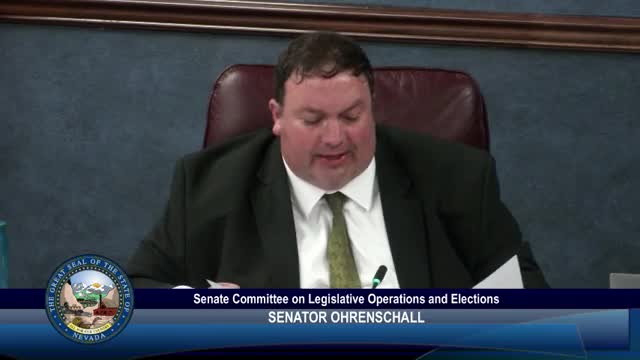Article not found
This article is no longer available. But don't worry—we've gathered other articles that discuss the same topic.

Nevada Committee Hears Resolution Urging Congress to Bar Immigration Enforcement at Schools and Houses of Worship

Labor Groups Urge Nevada Legislature to Endorse PRO Act; Business Groups Warn of Worker Classification, 'Right‑to‑Work' Concerns

Lawmakers Hear AJR 10 Asking Congress to Release Federal Land for Housing; Supporters Cite Supply Shortage, Opponents Cite Water and Sprawl Risks

